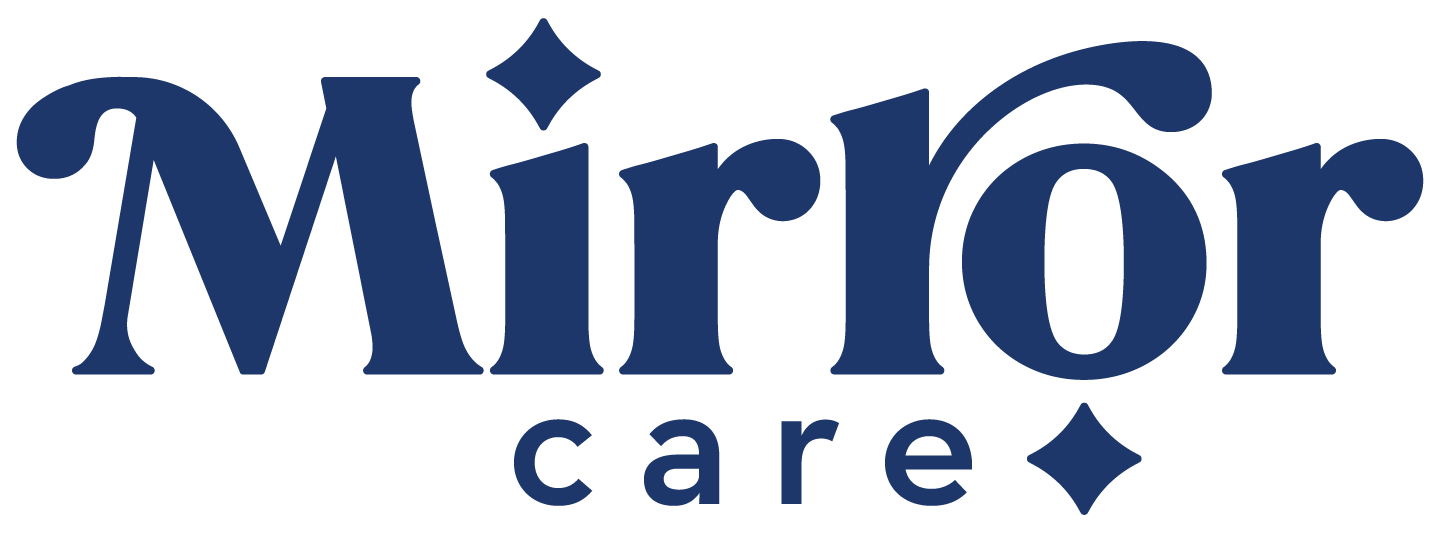Most of us have heard of retinol. Maybe you have used it in the past. But what exactly is it? What benefits does retinol have for our skin?
In the simplest terms, retinol is a derivative of Vitamin A. Vitamin A is a key ingredient in boosting cell turnover, which is the process of producing new skin cells to replace existing ones. As in many biological processes, cell turnover is something that happens regularly but tends to slow down and become less efficient as we age. As skin cell turnover slows, it can make hyperpigmentation (dark patches on the skin) more common and wrinkles more visible. Using retinol can help to keep your skin looking smooth and healthy by helping to increase cell turnover.
Many dermatologists see retinol as a key ingredient that helps you both medically and cosmetically. According to our Chief Medical Officer, Stan Kovak MD, retinol is great “…because it encourages your skin to produce more collagen and elastin, which means firmer skin and fewer wrinkles.”
Retinol in skincare products boosts your collagen production promoting skin renewal and brightening your skin tone. It also addresses free radical damage by functioning like an antioxidant.
What are free radicals?
Free radicals are molecules containing an uneven number of electrons that are highly reactive, and damaging, to our skin. These molecules are all around us and come from external sources, such as UVA and UVB rays, smoke, and pollution, as well as internal stressors to our bodies.
To stabilize themselves, free radicals steal electrons from other molecules through oxidization. When free radicals steal electrons from your skin, they damage cell membranes, proteins, lipids, and even DNA, which leads to accelerated aging of the skin, sagging, dryness, and hyperpigmentation (including age spots and broken blood vessels).
Antioxidants are vitamins and other nutrients that help protect your cells from the damaging effects of free radicals. Vitamins A, C, and E are some of the most well-known antioxidants. Antioxidants bind to free radicals and provide that missing electron, returning these free radicals to balance before they can harm your cells. This means more youthful, vibrant, and healthier skin that does not age as quickly.
What are the benefits/results of using retinol?
Using retinol is only part of a larger skin care regimen and routine. Retinol (and other anti-aging products) when used regularly and appropriately helps to attain brighter and tighter skin, unclogged pores, and a fresh-faced, even-toned complexion.
Your mid-twenties are a great time to start using retinol. Many people start this early because they are motivated by sunspots or crow’s feet (early signs of aging), or just to get a head start in protecting their skin using the latest technologies. But just because you didn’t start using retinol while in your twenties doesn’t mean you shouldn’t start now. It is never too late to work toward beautiful, smooth, healthy-looking skin!
How Can We Help?
Legal and Privacy
Quick Contacts
- (630) 884-4449
- Questions@mirror.care
-
Mirror Care Pharmacy 17W535 Butterfield Rd Suite 001
Oakbrook Terrace, IL 60181
Receive Updates from Mirror Care
- Copyright 2025 Self Therapeutics, LLC


Leave a Reply